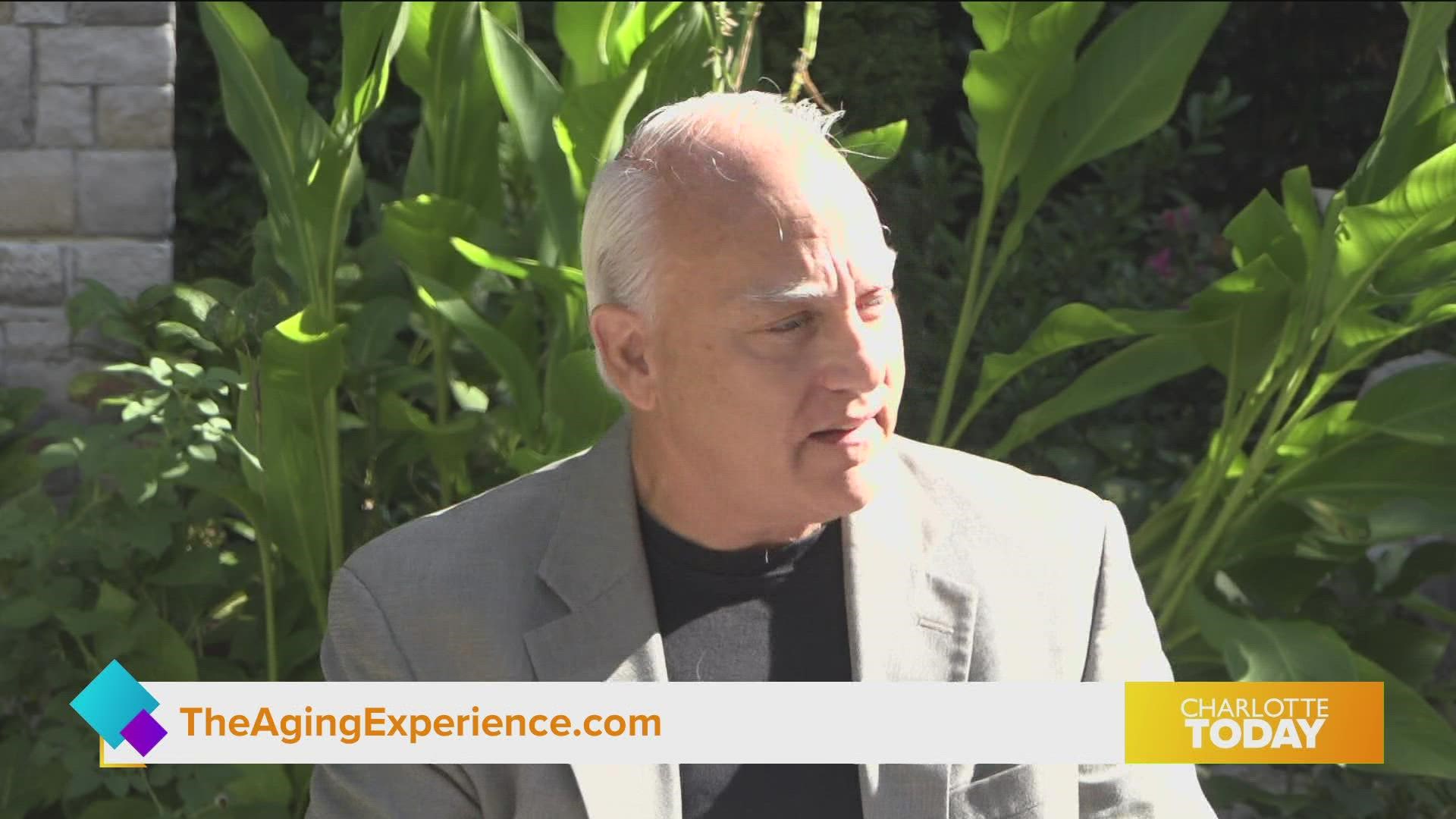CHARLOTTE, N.C. — There are over 50 million people living with dementia. Caregivers have a tremendous responsibility and work tirelessly. But are they overlooking the capability of their loved one to contribute to their care?
We often think of people with dementia, especially those with Alzheimer’s, as mostly dependent on others and incapable.
The conventional wisdom is that we stereotype them. Many of us are taught to enter their reality and if today is Tuesday and they say Wednesday, we go along with it. And certainly in advance stages of the disease, this is appropriate.
With forethought and patience, caregivers can identify tasks that their loved one can do. Maximizing the capability of a loved one with dementia benefits everyone. And it keeps advancement of dementia at bay.
Areas that caregivers should concentrate:
- Maintain routine. Establishing a routine provides a sense of comfort and familiarity. Set mealtimes were the foundation of her mother’s routine with activities added between meals. Maintain this routine even when not at home.
- Engage in stimulating activity. Stimulating activity may slow the mental decline and help a person reach their full potential. Appropriate puzzles and games are mind stimulating and fun. Almost any project or activity can be modified to stimulate the mind. Caregivers can also identify tasks for their loved one to do such as sorting/folding laundry, cleaning deck furniture, or setting the table. The caregiver may have to provide some support such as labeling kitchen cabinet doors and drawers. The task may take longer and the result may be slightly different.
- Inevitably, the disease will progress. How do you adapt?
- That comes to a third area of concentration. Minimize anxiety. Minimizing anxiety reduces stress and helps the loved one focus on the task at hand. These techniques included “living in the patient’s world,” which is basically not correcting them when their mind takes them to earlier times.
- Another technique, redirection can be accomplished by encouraging them to change their actions or sometimes by simply changing the subject.
- Caregivers need to prepare for the increase in required care. Family oversight can lead to needing a social worker, a nurse, then assisted living, and then memory care came into play.
- Maximizing the ability of the loved one benefits the caregivers and the loved one. However, caregivers also need to adjust their expectations as their love one declines. Finding the right balance of pushing the upper limits of a loved one’s capability can vary from day to day.

